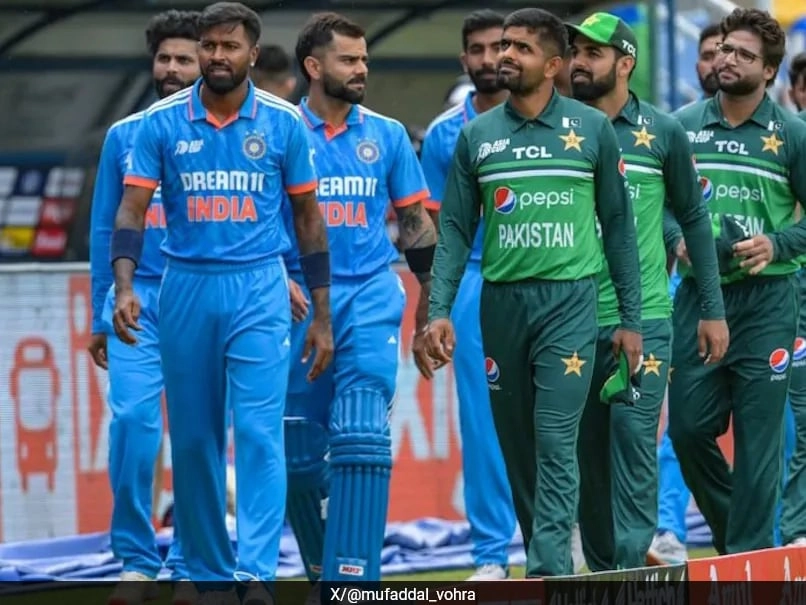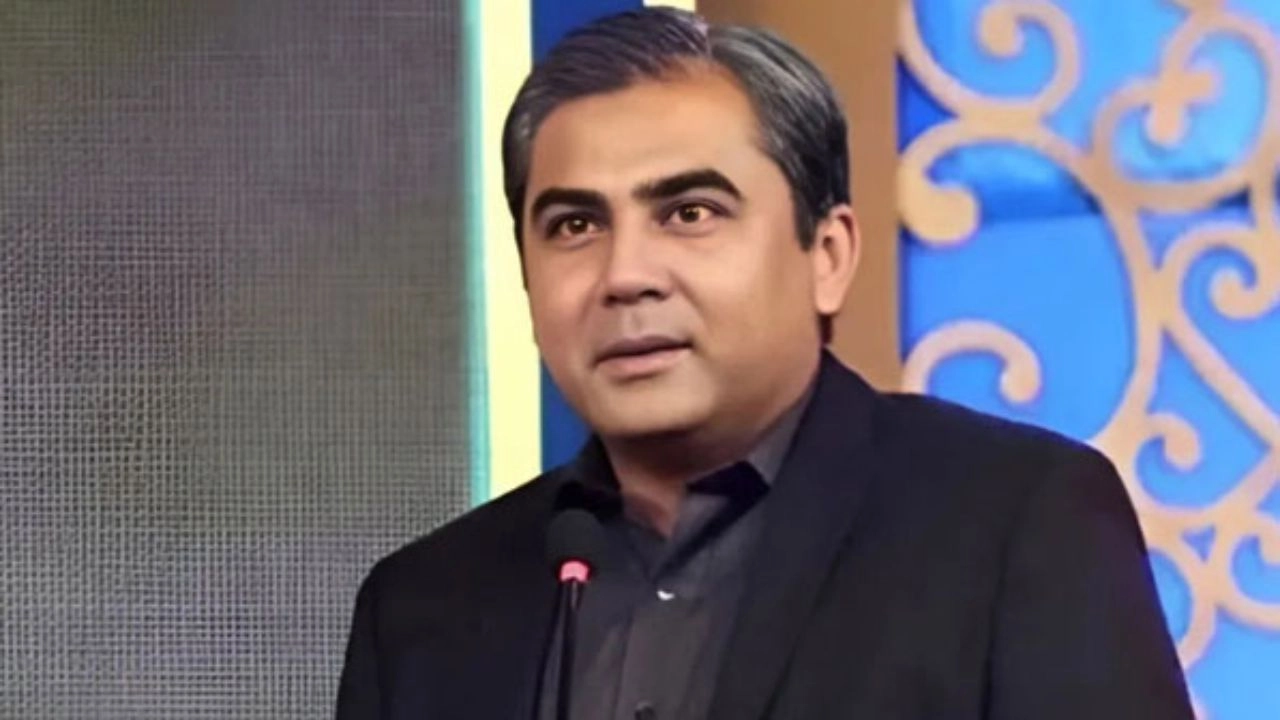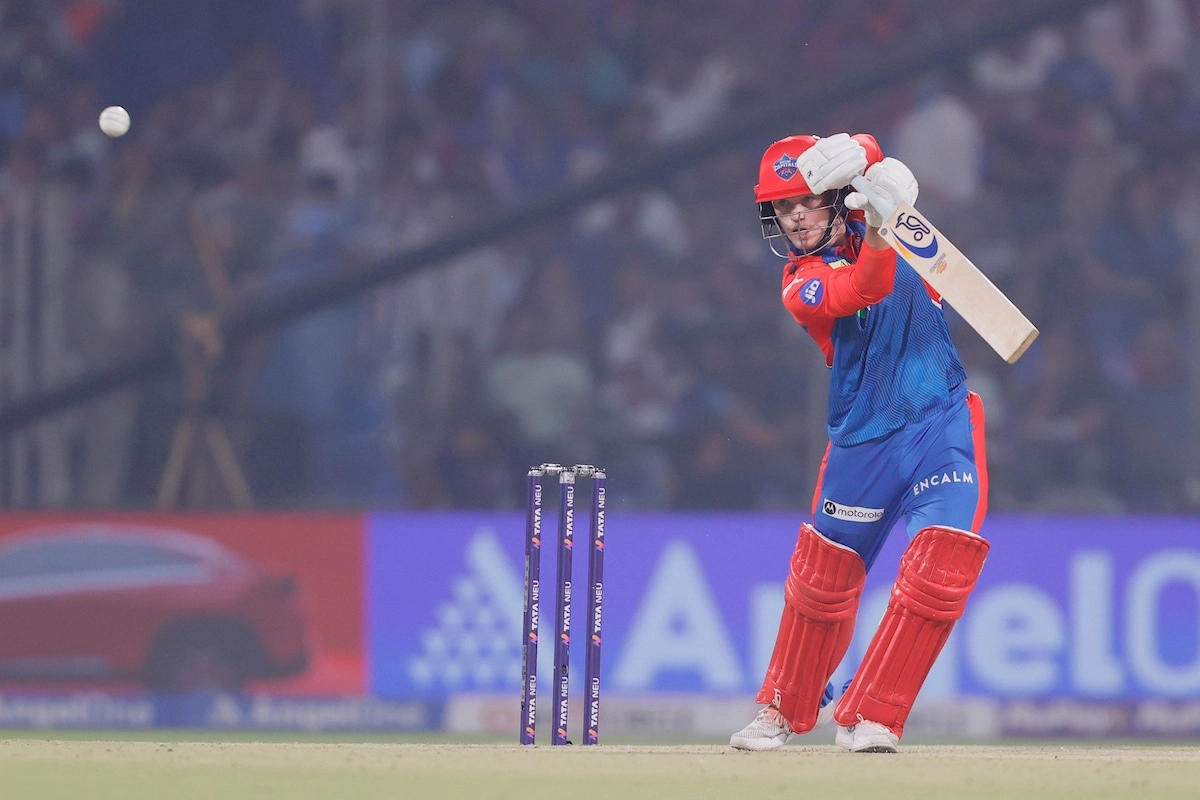The recent Asia Cup cricket tournament has ignited intense discussions surrounding the importance of patriotism in sports, particularly in the context of India and Pakistan. Former Pakistani cricketer Shahid Afridi has publicly criticized the Board of Control for Cricket in India (BCCI) for its stance on the tournament. Afridi’s comments highlight a growing sentiment among fans and players alike regarding the intersection of national pride and international sportsmanship. He argues that if patriotism truly matters, then the BCCI should demonstrate this by ensuring that matches between the two rival nations take place on neutral grounds or in locations that foster a spirit of unity rather than division.
Afridi’s remarks come at a time when tensions between India and Pakistan have been high, and the cricketing community is divided over the implications of these geopolitical issues on the game. The Asia Cup, a significant event in the cricket calendar, serves not only as a platform for showcasing talent but also as a battleground for national pride. Afridi’s assertion that patriotism should guide the BCCI’s decisions reflects a broader call for a more thoughtful approach to international cricket, one that prioritizes the spirit of the game over political disagreements.
As debates regarding the Asia Cup continue, the role of sports in bridging divides becomes increasingly relevant. Afridi’s critique of the BCCI is more than just a commentary on cricket; it raises fundamental questions about how sports can serve as a unifying force in times of discord. The passionate reactions from both sides of the border underscore the deep emotional connections fans have with their teams. In this context, Afridi’s plea for a more patriotic approach resonates with those who believe that sports should transcend politics and foster goodwill among nations.
Ultimately, the discourse surrounding the Asia Cup and the BCCI’s decisions is emblematic of the larger conversation about the role of patriotism in sports. As cricket continues to evolve, it is essential for governing bodies to consider how their actions impact not only the game but also the relationships between countries. Afridi’s passionate stance invites a reevaluation of priorities in the cricketing world, urging stakeholders to find a balance between national pride and the need for collaboration and respect in the international arena.




